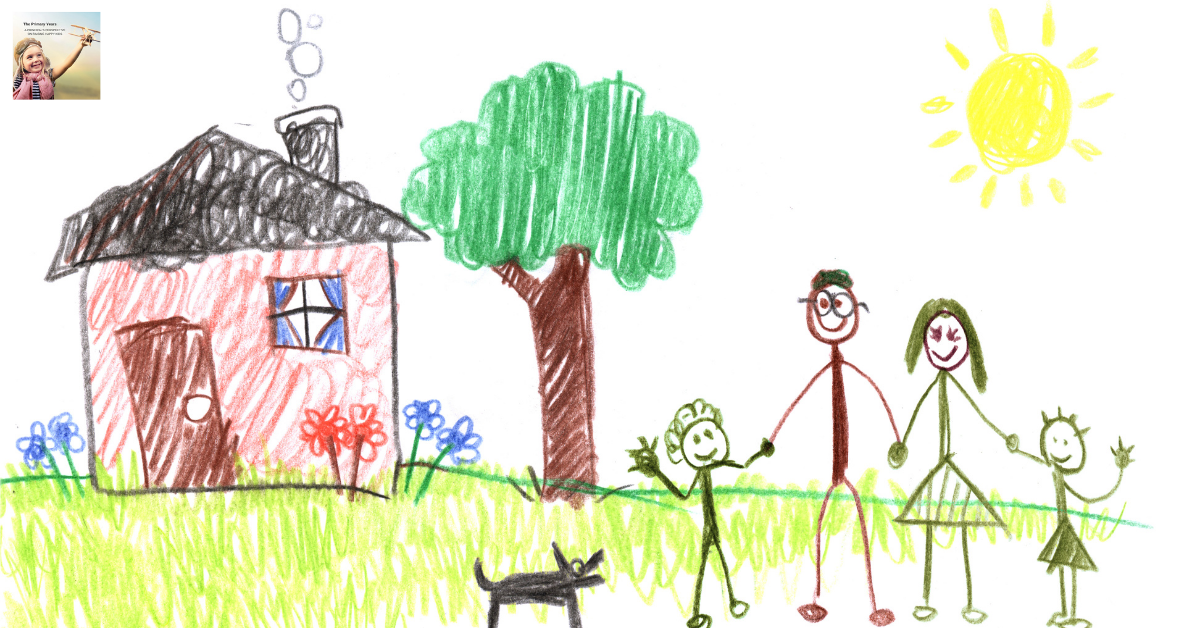3. Teachers only invite parents into the classroom when necessary
Really? Parents are generally invited into the classroom on most occasions. They sometimes set up classes for parents to visit. However, you should feel welcome to sit into a class at any time.
4. Only certain parents are chosen to be part of excursions
This is not the case. Teachers recognise the importance of being inclusive and try to balance the presence of parents on excursions etc. You play such an important role in the life of the child and should be included when you feel you want to learn more about the process of learning for your child.
5. Changing schools is damaging for your child’s emotional development.
This is not generally the case. However, when you need to change schools for whatever reason ensure that your child gets involved in meeting the teachers and being active in learning about the school. Of course, there is some adjustment time in meeting new friends, feeling welcomed and adjusting to a new teacher and school culture. However, in my experience if it is handled well by the new school and family the child grows emotionally and recognises their capacity to form new friends in a new setting. This teaches resilience and reinforces to the child that they can be flexible.
6. The child’s teacher for the year is solely responsible for their learning.
This is definitely not the case. Children learn in different ways and from different people and experiences.
The parent is actually the first educator followed by all the influences of the school, various specialist teachers and life activities. No one aspect is responsible for their growth intellectually, emotionally, socially and physically.
7. If my child does not like the teachers, it is a wasted school year.
As the above myth says learning happens in many forms. When the relationship with the teacher is a not a strong one, the child is still capable of learning and if they learn to value the qualities of the teacher, the child grows in working with different types of people. This is such a valuable skill to work and appreciate differences in teachers.
8. It is the school’s responsibility to ensure my child has friends.
This is not the case. It is true that teachers will work on social skills and negotiate with children about matters where poor behaviour interrupts their friendships. Ultimately, it is the child who must work though the emotional journey of finding and establishing friends. The school will and can deal with inappropriate behaviour linked to breakdowns in friendships but ultimately through trial and error, success and failure, a child learns to negotiate their way through the social web of relationship with other children.
9. If a child is finding school difficult it is the total responsibility of the school to fix the problem.
This is not the case. It certainly is the responsibility of the school to work with the child in improving their learning. Some schools offer more in this area with remedial support. Each school is different in how this issue is handled. However, encouragement from the parents, working in collaboration with the school and support at home are all necessary for the child to feel that learning is a success for them. It is best to keep in frequent touch with the teacher to learn how best your child learns and what support you can offer at home. This is a delicate area and needs both school and home working together in trust to ensure that the child’s self-esteem is intact.
10. When a school rings the parent, it is always bad news.
This is definitely not the case. Schools often ring parents about a range of matters and sometimes the teachers love to talk to the parent about how the child has improved. It is common practice for Principals to be in contact with parents for many reasons and to discuss matters that are not peculiar to their child.
I would keep a journal of parents I contacted to ensure that the school was keeping in touch with families.
Of course, calls may come to discuss school issues but they are done with understanding and genuine support for the child. They believe the more communication,the better for the child
11. If my child repeats a class they will suffer socially and the child will feel unsuccessful.
This is a delicate issue and is very much about the specific needs of the child. In my experience, children who repeat have shown considerable improvement in their capacity to learn and engage socially with their classmates. They start to gain success and feel that they are a capable learner. This is a topic very debatable in educational circles, I simply operate out of my own experiences here as an educator and school Principal of twenty-nine years. I also appreciate that many would disagree with me in this matter. Of course, repeating a child requires careful planning and collaboration between the parents, the child and school.
12. A child in a composite class is disadvantaged in learning compared to straight class.
This is definitely not true. The quality of a child’s learning rests heavily with the skill of the teaching. A composite environment provides a broad climate of learning for the child. What happens in the classroom is the key to the learning and not the age distribution of the children. I have seen this over many years and test results prove the case.
13. There are some schools that have no bullying at all.
Bullying occurs in all schools. What is the key component to managing bullying is how the school handles situations and what programs they have in place to educate children on the issue? Some schools have a major focus in their social and emotional learning and teachers are given considerable professional learning on how to teach children about managing bullying.
Bullying occurs as children are at various stages of emotional growth and some need assistance to understand how to socially engage with each other. Parents should monitor how their child is coping with this issue and feel comfortable to approach the school as soon as there is evidence of your child feeling unsafe. Read the schools’ anti bullying policies to gauge how they manage the issue.



















